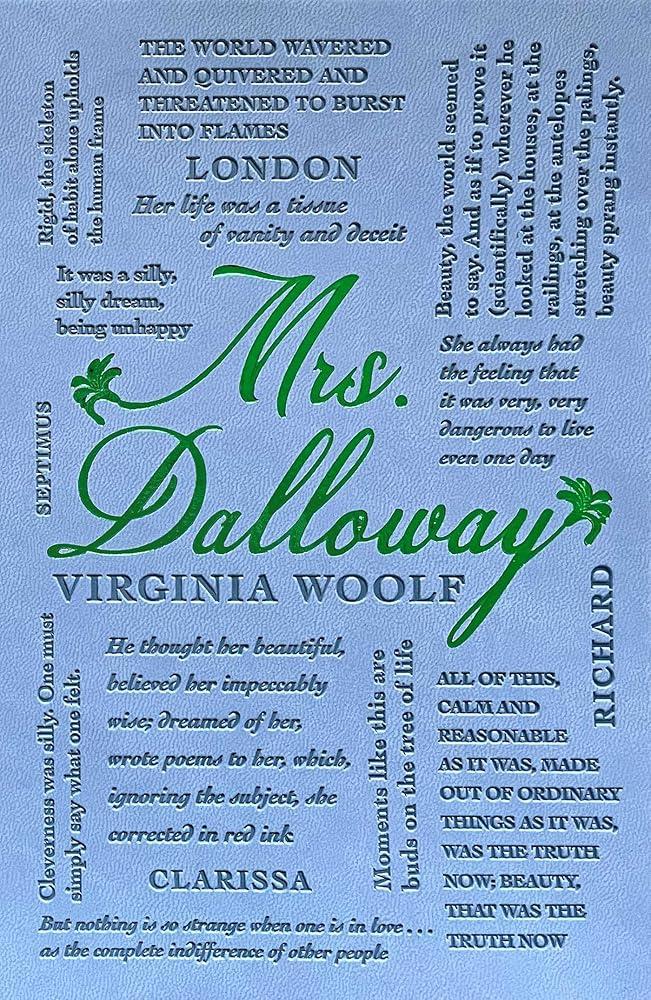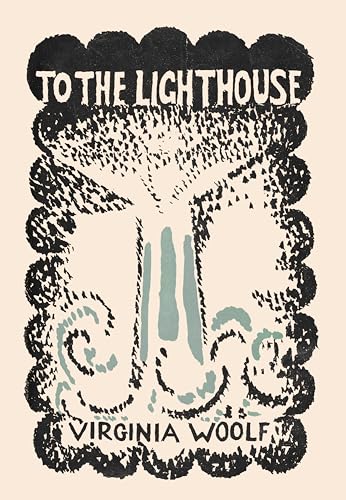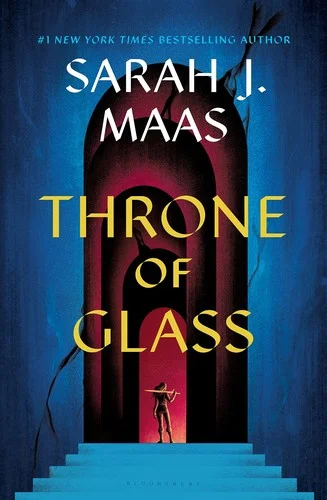Virginia Woolf’s 1925 novel of feminism, existentialism, and self-realization is an essential read for all lovers of classic literature. Virgina Woolf’s classic novel centers around Clarissa Dalloway, a married high-society woman in post–World War I London who is preparing for a party at her home in the evening. Acutely aware of her standing among other members of her elite social class but yearning to find her true self, Clarissa embodies the internal and external conflicts of women in the early twentieth century. As she makes her way about London, Clarissa’s stream of consciousness is constantly interrupted by memories of her past, giving the reader a keen insight into the mind of a woman undergoing an existential crisis. Beloved by generations of readers, Mrs. Dalloway is a landmark novel that explores themes of feminism, mental illness, and self-realization.
Virginia Woolf
Virginia Woolf was a prominent English writer and modernist literary figure. Known for her stream-of-consciousness writing style, she challenged traditional narrative structures and explored themes of gender, class, and mental health in her works. Some of her most notable works include "Mrs. Dalloway," "To the Lighthouse," and "Orlando." Woolf's contributions to literature include her innovative approach to character development and narrative technique, as well as her exploration of the inner lives of her characters. Her most famous work, "Mrs. Dalloway," is considered a masterpiece of modernist literature and a reflection of Woolf's unique literary voice. Woolf's impact on the literary genre is undeniable, as she paved the way for future generations of writers to experiment with form and style in their own works.









